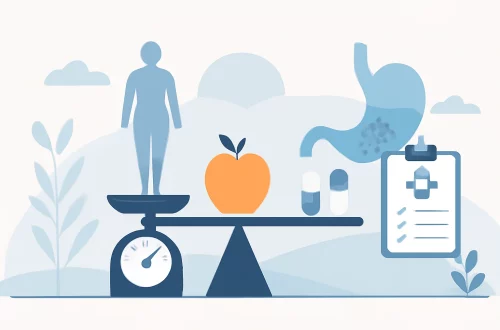-
Sertraline or Escitalopram: Which Antidepressant is Right for You?
Depression and anxiety are prevalent mental health disorders that affect millions of people worldwide. While there are various treatment options available, including therapy and lifestyle changes, medications often play a crucial role in managing these conditions. Among the most commonly prescribed medications are selective serotonin reuptake inhibitors (SSRIs), which are primarily used to treat depression and anxiety disorders. Sertraline and escitalopram are two well-known SSRIs that are frequently discussed in the context of mental health treatment. Both sertraline and escitalopram work by increasing the levels of serotonin in the brain, a neurotransmitter that significantly influences mood, emotions, and overall mental well-being. However, despite their similarities, these two medications have distinct…
-
Sertraline vs Escitalopram: Which Antidepressant is Right for You?
Sertraline and escitalopram are two of the most commonly prescribed antidepressants in the world today. Both belong to a class of medications known as selective serotonin reuptake inhibitors (SSRIs), which are frequently used to treat various mental health conditions, including depression and anxiety disorders. While they share similar mechanisms of action, their chemical compositions, side effects, and uses can differ significantly, leading to important considerations for both patients and healthcare providers. Understanding the nuances between sertraline and escitalopram is crucial for making informed decisions about mental health treatment. Patients may experience varying effects and side effects depending on the medication they are prescribed, and what works for one individual might…
-
Escitalopram vs Fluoxetine: Which Antidepressant Is Right for You?
Escitalopram and fluoxetine are two widely prescribed selective serotonin reuptake inhibitors (SSRIs) used primarily to treat depression and anxiety disorders. Both medications have gained popularity due to their efficacy and generally favorable side effect profiles compared to older antidepressants. The choice between these two drugs often hinges on various factors, including the specific diagnosis, individual patient history, and potential side effects. With mental health issues on the rise globally, understanding the nuances of these medications is becoming increasingly important for both healthcare providers and patients alike. As patients seek effective treatment options, it’s essential to consider not only the mechanisms of action but also the differences in efficacy, side effects,…











